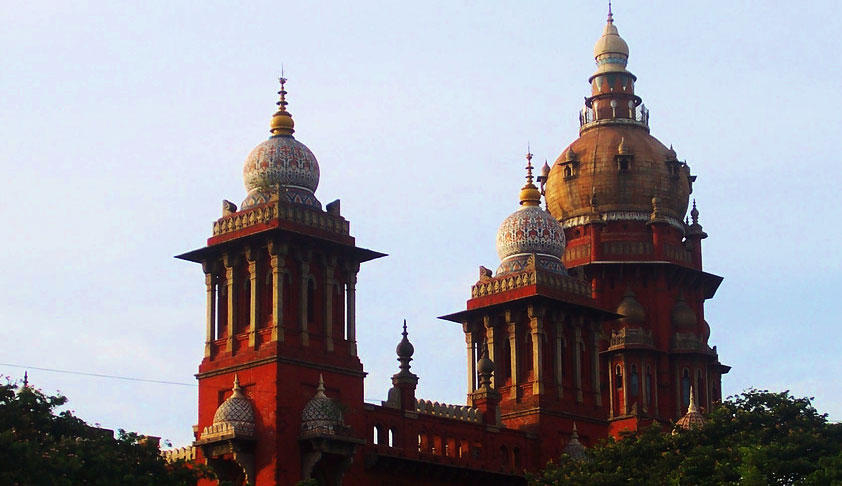Now Revenue Bar Assn Moves Madras HC Against Constitution Of Appellate Tribunal Under GST Act
akanksha jain
21 Aug 2018 12:43 PM IST

Next Story
21 Aug 2018 12:43 PM IST
A fortnight after the Madras High Court held the constitution of appellate tribunal under the GST Act to be prima facie contrary to the decision of the Supreme Court according to which technical members on a tribunal shall never exceed the judicial member, the Revenue Bar Association has also challenged its constitution and that of the appellate tribunal under the Tamil Nadu Goods and...
